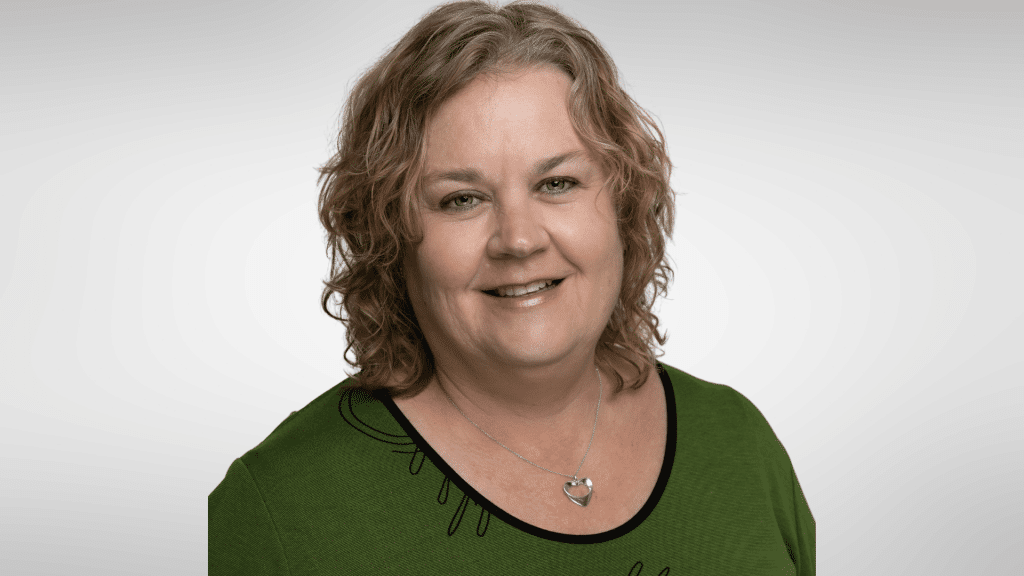The federal government has accepted in full just 13 of 172 recommendations from the Royal Commission into Violence, Abuse, Neglect and Exploitation of People with Disability.
The almost $600 million Royal Commission ran for four and a half years and published its report with a total of 222 recommendations in September last year, 172 of which were of primary or shared responsibility of the federal government.
Almost ten months later – four months after the Commissioner’s recommended deadline – the government released its response on Wednesday this week.
Disability advocates and organisations were disappointed to find that just 13 recommendations were accepted in full, while 117 were accepted in principle, 36 were labelled “for further consideration”, and six were “noted”.
Some of the accepted recommendations include establishing a Disability Employment Centre of Excellence, reviewing and modernising the Disability Discrimination Act and continuing programs like the Primary Care Enhancement Program for People with Intellectual Disability.
Speaking to the press yesterday, Minister for Social Services Amanda Rishworth reaffirmed the government’s commitment to eliminating violence against people with disabilities, who experience abuse at disproportionate rates to non-disabled people.
“Our government is absolutely committed to the vision set out in the disability royal commission and to enabling policy and delivering services that realises the vision of an Australian community where people with disability are free from violence, abuse, neglect and exploitation,” Minister Rishworth said.
“No one could accuse our government of not taking this seriously.”
‘Less than 6 per cent’
One of the key recommendations made in the disability Royal Commissioner report is to improve inclusivity of people with disabilities in the community, primarily by ending the segregation of people with disabilities in employment, schools, housing, and other areas of life.
Greens Senator Jordon Steele-John – the first openly-disabled federal politician – was disappointed that the government failed to support this key recommendation, among others.
“Of the 222 Disability Royal Commission recommendations, the Labor government fully supports only 13 – that’s less than 6%,” Senator Steele-John wrote on Instagram.
“Labor have not supported any of the key recommendations made by the disabled Commissioner’s to end the segregation of disabled people in housing, education and work.
“The Greens and I will continue to work with the disability community to achieve these urgently needed. And together, in the Parliament, on the streets and at the ballot box, we will end disability segregation and create a truly inclusive community.”
‘Once in a lifetime’
Sophie Cusworth is the interim CEO of Women With Disabilities Australia (WWDA). She told Women’s Agenda she is “incredibly disappointed and really concerned” with the government’s response to the disability Royal Commission recommendations.
“I’ll be honest – I shed some tears yesterday when reading the response,” Cusworth said.
“The Disability Royal Commission ran for four years, and it heard harrowing accounts of the violence, abuse, neglect and exploitation experienced by people with disabilities in all areas of life.
“But the response that we saw yesterday failed to address the scale of this violence and the urgent need for transformative change.”

WWDA advocates for the protection of women, girls and gender-diverse people with disabilities from violence. The disability Royal Commission found Australian women with disability are twice as likely than women without disabilities to have experienced sexual violence over their lifetime. What’s more, one in two women with psychological and/or cognitive impairment has experienced sexual violence.
Cusworth said the way to eliminate violence against people with disabilities, especially those with intersecting identities, is through systemic change.
“Many of the recommendations that we’ve seen accepted either in principle or that are subject to further consideration are those really substantive recommendations that are going to drive systemic change,” Cusworth said.
These recommendations include a nationally-consistent and disability inclusive definition of family and domestic violence, the criminalisation of forced sterilisation of people with disabilities, and the creation of a National Human Rights Act. None of these recommendations were accepted in full by the government.
“It wasn’t quite what we were expecting, we were really hopeful to see some transformative change,” Cusworth said.
“This was a once in a lifetime experience, an inquiry that really heard the depth and breadth of people with disabilities experiences across Australia.
“So we’ll be spending some time digesting this report, but we will continue our critical advocacy and I think this highlights how critical human rights based advocacy led by people with disabilities, for people with disabilities, is.”
Cusworth said her organisation will continue their advocacy for a National Human Rights Act. Legislation like this will take a less fragmented and more inclusive approach, whilst recognising intersectionality in society, Cusworth said.
“We really need a genuine commitment to co-design – we’re the experts in our own lives, women with disabilities who’ve experienced gender-based violence are the experts in what response and prevention looks like for them,” she said.
‘A frustrating day’
Catherine McAlpine, the CEO of Inclusion Australia, said the response from the government is “underwhelming”.
“Today is a frustrating day for people with an intellectual disability in Australia,” McAlpine said.
“People with an intellectual disability are the most heavily impacted and disproportionately harmed by the current state of segregation in Australia – something the Royal Commission was at pains to address.”

McAlpine echoed the key recommendation from the Royal Commission that segregation from the community is one of the biggest drivers of discrimination, exclusion of and violence against people with disabiliites.
“When you segregate children at age 5 by separating students with an intellectual disability from their age peers, it’s no surprise that negative attitudes develop that need to be addressed in the future,” McAlpine said.
“Inclusion Australia will now take the time to reflect on the government response, and we will continue to engage with government to advocate for all people with an intellectual disability to drive the level of change we deserve.”


